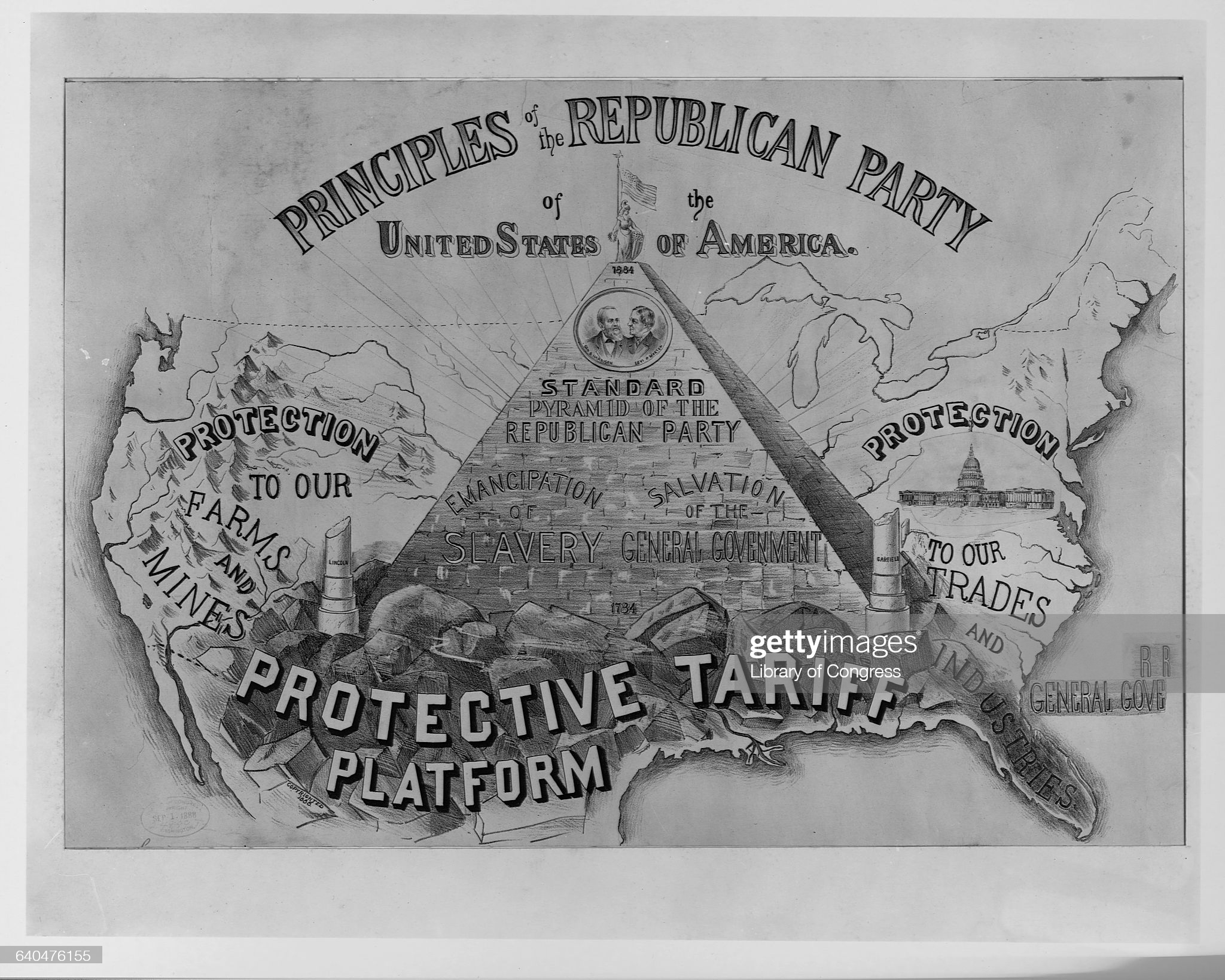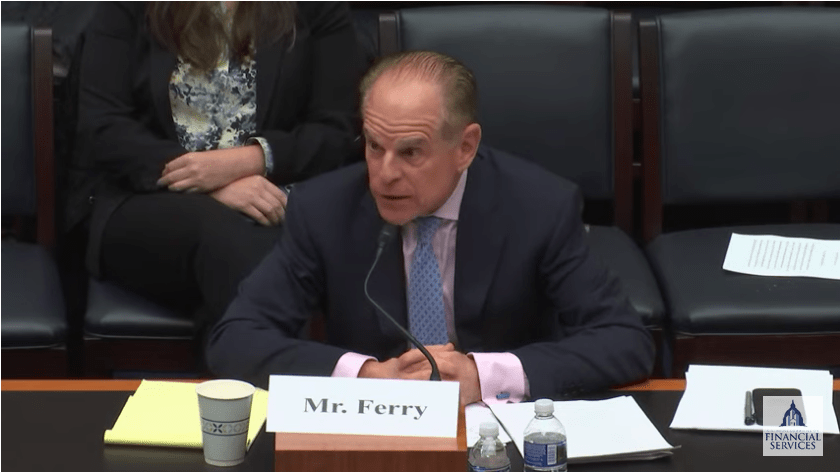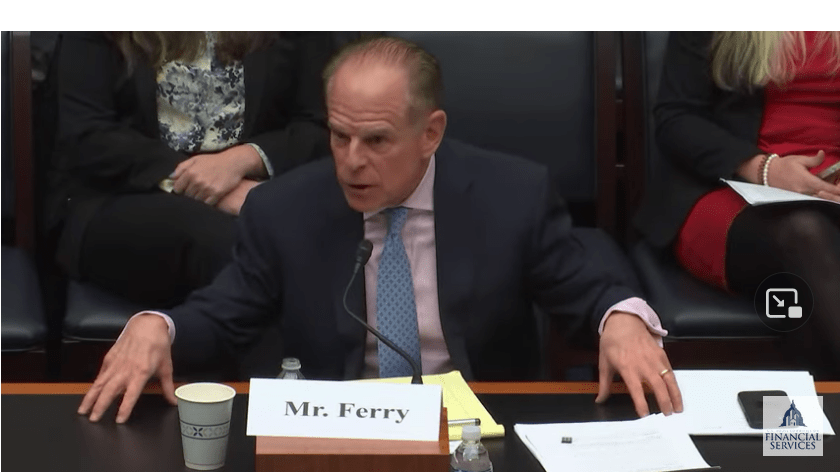China’s Zero Covid Revolt. Where Do We Go From Here?
China’s Zero Covid protests should persuade Washington, businesses, and consumers that dependence on China for manufacturing American goods will dull the shine off iconic American brands. Political risks are rising.













